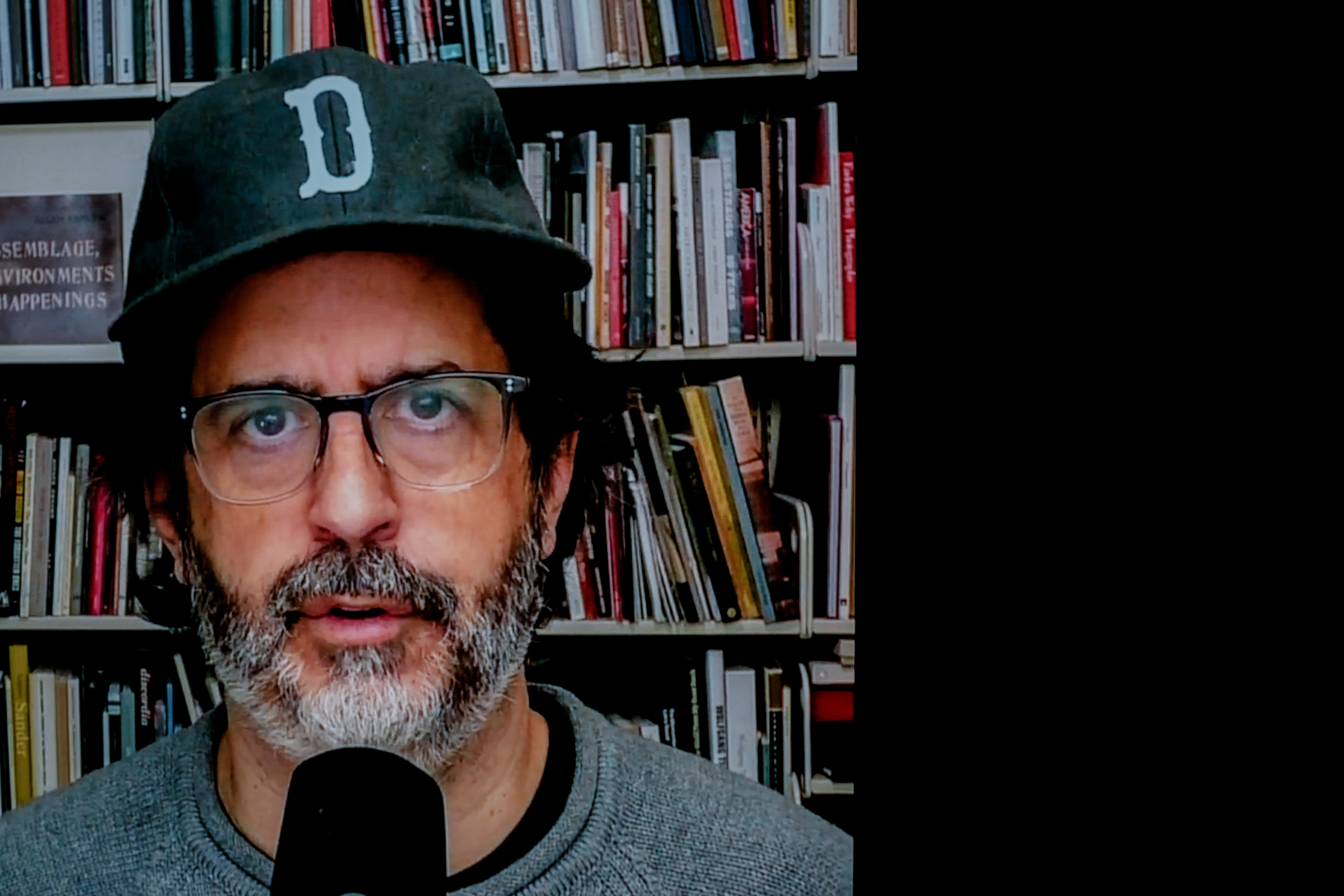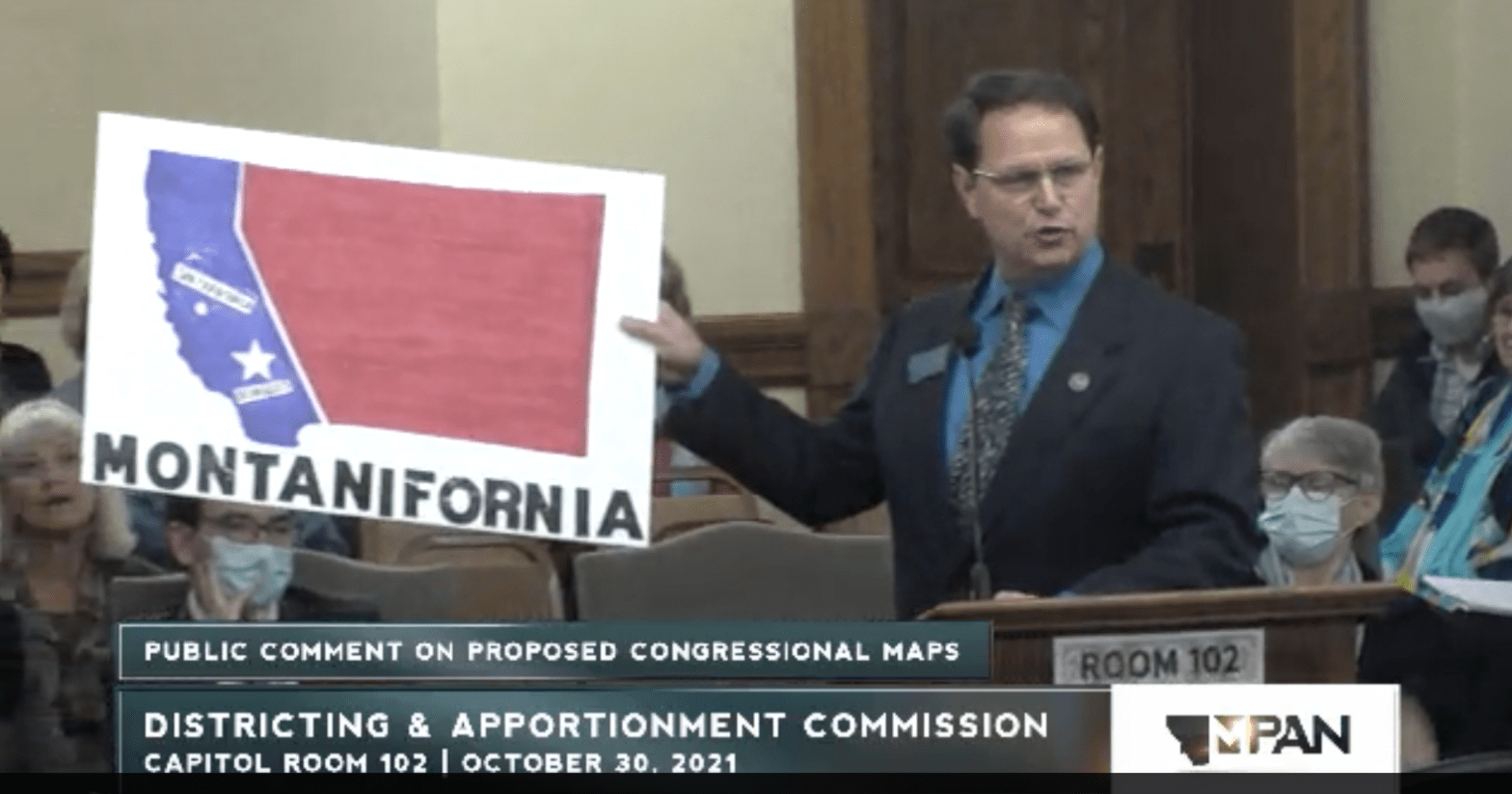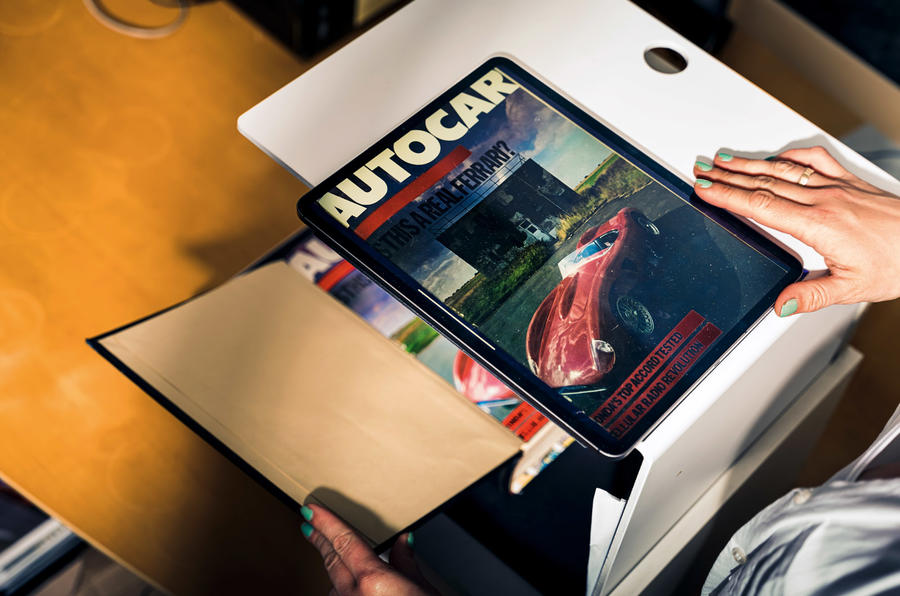
Being Frightened
- Journal
I’ve been spending the past week watching Alec Soth’s channel on YouTube, and yesterday I watched his video titled COLORS #52. In it, he looks through the book COLORS: A Book About a Magazine About the Rest of the World and quotes Oliviero Toscani, one of the co-founders of the magazine. Oliviero is being interviewed, and when asked if there are any photographers or artists capable of carrying on a project as pioneering as COLORS was in the early 90s, he answers:
Certainly, only that no one teaches them not to be frightened of being frightened. If you do something without being frightened, it’ll never be interesting or good. Everyone wants to be sure of what they’re doing. Any really interesting idea simply can’t be safe.
When I went to film school, I remember early on how courageous I was in expressing my ideas and concepts with the stories I wrote (even though I failed a lot), but at one point, I lost that. I became afraid of the writer’s room, of seeing the expressions on my classmates faces after reading the 10 page scene I wrote an hour before class started. I remember how often I would watch movies when feeling stuck, and how my pages reeked of what I last watched. I remember how painful it became to show up to class with my subpar pages, and how ashamed I felt when I felt excited that I had something to write about after I found out my uncle had died in a car crash. I remember I decided to start writing novels instead of movies because of this fear. I had wanted to run away from it, but after writing two books that will never see the light of day, I realize now that I’m still frightened.
I’m frightened of being judged and ridiculed, of failing. I’m frightened of exploring my weird ideas because they might not be “marketable” or “popular.” I picked up photography because it was something so different from writing, and at first, I really enjoyed it. But again, at one point, I became paralyzed by fear. My artistic impulse has been to keep pushing my art forward, but when I’m afraid of so many things, I don’t end up creating anything at all.
In my post Bravery from July 2020, I quoted Rebecca Toh. I had asked her how she had the confidence to carry a camera with her everywhere and photograph people. “The important thing,” she said:
is not to let your shyness get in your way. The thing about photography is that it throws you into direct contact with life, and that can be scary at times, but if you want to do the photography you want to do, there is simply no way about it except to go out bravely and shoot.
I’ve been trying to find the courage ever since, but maybe I’ve been approaching it wrong. Maybe it’s not courage I need but the confidence to be frightened. To admit to myself that these ideas might not be “marketable,” that these photos might not be “popular,” but so what? Like Oliviero says, “Any really interesting idea simply can’t be safe.”
Like Pema Chödrön writes in The Places That Scare You, “Do I prefer to grow up and relate to life directly, or do I choose to live and die in fear?”

